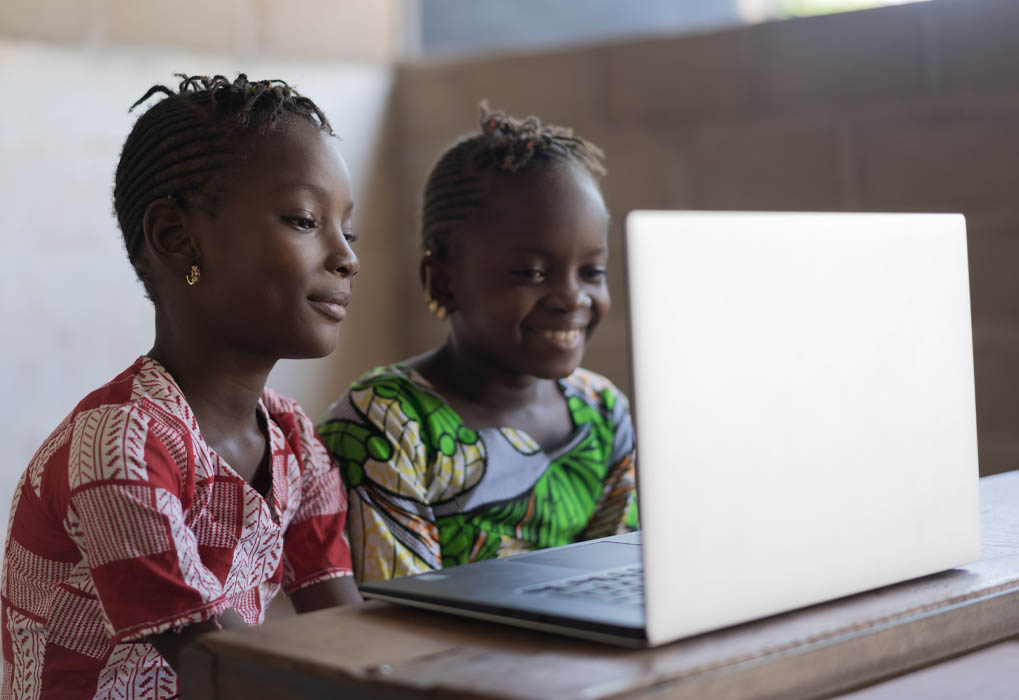Universally, access to education is regarded as a right that must be afforded to children. When adequately provided, education can improve circumstances for many. Whether one chooses formal employment or entrepreneurship, it is important to have a certain level of education and knowledge. In the words of Nelson Mandela (2003), “Education is the most powerful weapon which you can use to change the world.” Mandela is one of the famous proponents of education who throughout his life, encouraged holistic learning.
Like many children in rural Zimbabwe, Mandela was educated under very difficult circumstances including in prison. It is norm in rural areas, that children do chores and quickly assume certain responsibilities within the household. The average daily life of a school-going child in rural areas includes a fair amount of household chores and responsibilities.
Chores normally include farming; collecting firewood; manning livestock and fetching water among other things. Sometimes the chores must be done early, which means the child has to wake up as early as 4:00am so that they are not late for school. After school, some have to go to nearby market areas to sell some wares for household income.
In some cases, even after all this work, household income may not be enough to sustain the family, pay school fees and provide the needed education materials at the same time. As a result, some children will drop out from school to pursue menial jobs and informal trading for survival or, quite unfortunate in the case of many young girls, get married.
This is the story of resilience and hard work, which many successful people from rural backgrounds can identify with. It may perhaps be viewed as very difficult circumstances, but the rural environment demands that. For rural scholars, the question is not their abilities but the amount of opportunities at education, exposure and resources available to them.
Opportunities
Children’s access to education is often limited by poverty- lack of school fees, lack of adequate clothing, lack of educational materials and even more so, lack of mentorship and guidance. Most families in the province are highly dependent on subsistent farming and thus cannot afford to provide learning materials and provide education for their children. The most important opportunities in education include:
- Exposure: learners should have access to areas beyond their rural boundaries. Exposure to excellence, to innovation and implementation processes, whether physically or virtually.
- Inspiration: learners should interact with role models and ideas that stimulates their mind and aspire to achieve something.
- Resources: learners need assistance with adequate materials for their education.
In our efforts, we are guided by the understanding that formal education on its own does not inevitably guarantee success or excellence. Therefore, we combine basic formal education with relevant guidance and mentorship so that rural scholars can equally dream and be able to achieve those dreams.







